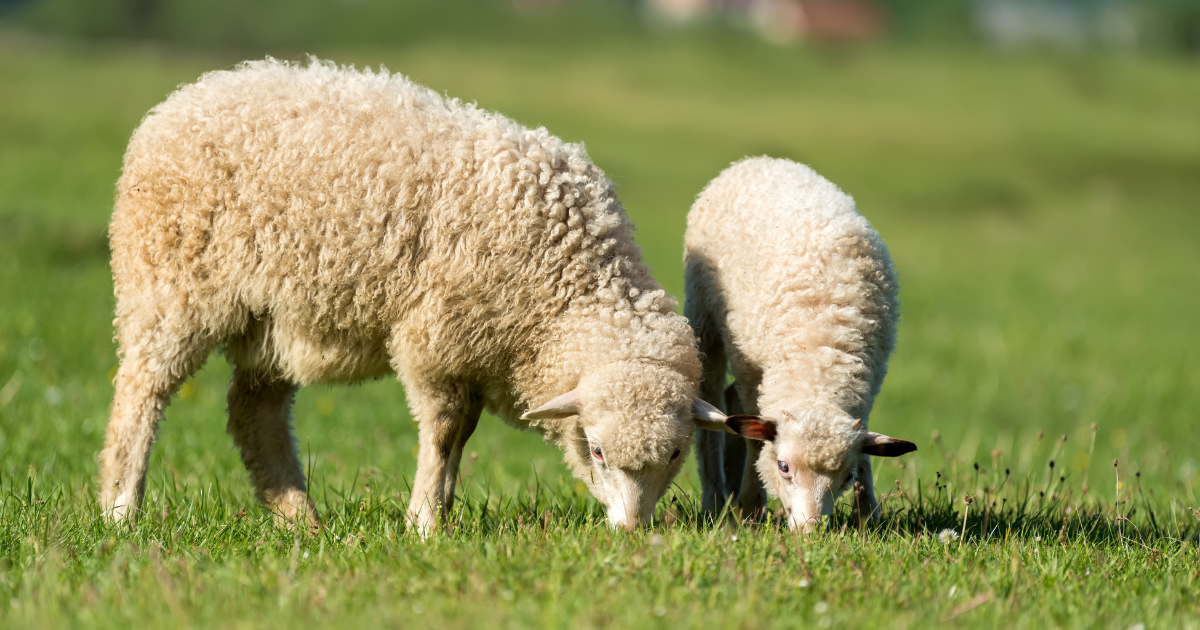
Defra u-turn on outright urea ban
Our Grassland and Forage team has welcomed the Government’s decision not to ban the use of solid urea following a consultation with industry stakeholders.
Following negotiations with Defra officials, ministers dropped their preferred option to ban the use of solid urea fertilisers in favour of alternatives like liquid fertilisers.
Instead, from April next year, the Red Tractor farm assurance scheme will issue new environmental standards requiring all farmers in England to use protected fertilisers when the risks of ammonia emissions are at their highest.
Defra has agreed on a farming industry self-regulation approach which it said works best for the environment and food production.
A consultation on restrictions was launched a year ago to reduce ammonia pollution in the air. When restrictions are introduced, they will include the use of ammonia inhibitors rather than a complete ban.
Farmers will only be able to use untreated or unprotected urea fertilisers from 15 January to 31 March, but they can use urea inhibitor-treated or protected urea fertilisers the rest of the year.
The Government hopes the decision will help farmers manage their costs and give them more time to adapt in the light of a global rise in gas prices leading to pressures on the supply of ammonium nitrate fertilisers.
Farmers will need to start to plan their fertiliser orders to meet the new standards which will come into force from October 2023. Suppliers of urea and UAN fertilisers - straights and compounds - will be required to provide farmers with inhibited products which, in practice, would be available for the 2024-25 growing season.
A Defra statement said: “A consultation on restrictions was launched a year ago, to reduce ammonia pollution in the air. When restrictions are introduced, they will include the use of ammonia inhibitors rather than a complete ban.” The statement also said, given current fertiliser prices, the priority would be to pioneer new technologies to manufacture more organic-based fertiliser products and rediscover techniques such as using nitrogen fixing legumes and clovers as an alternative.
Environment Secretary, George Eustice, said: “The significant rise in the cost of fertiliser is a reminder that we need to reduce our dependence on manufacturing processes dependent on gas. “Many of the challenges we face in agriculture will require a fusion of new technology with conventional principles of good farm husbandry. The measures we have announced are not the whole solution but will help farmers manage their nitrogen needs in the year ahead.”









